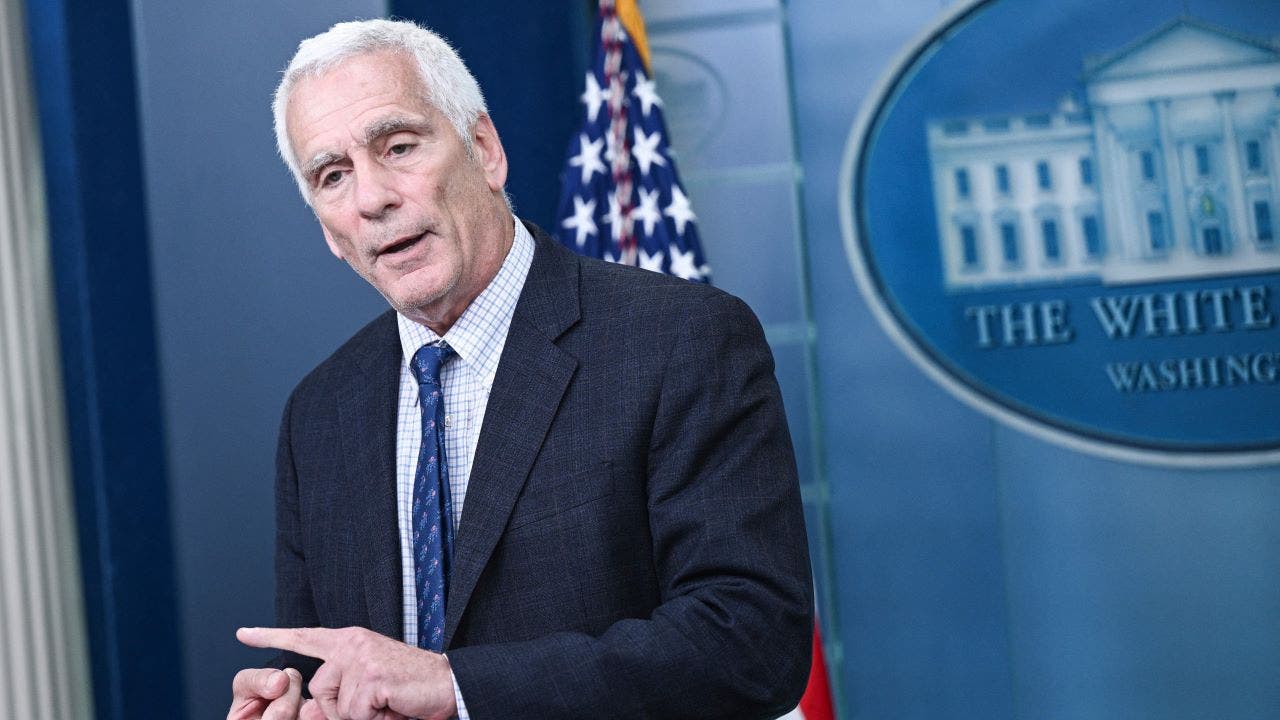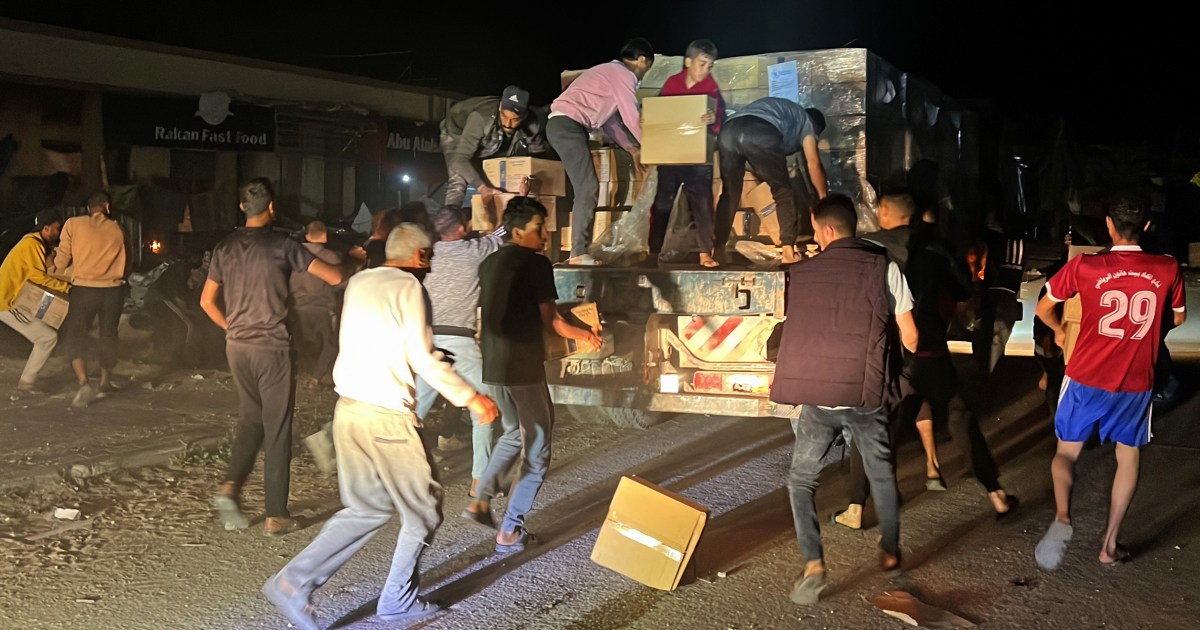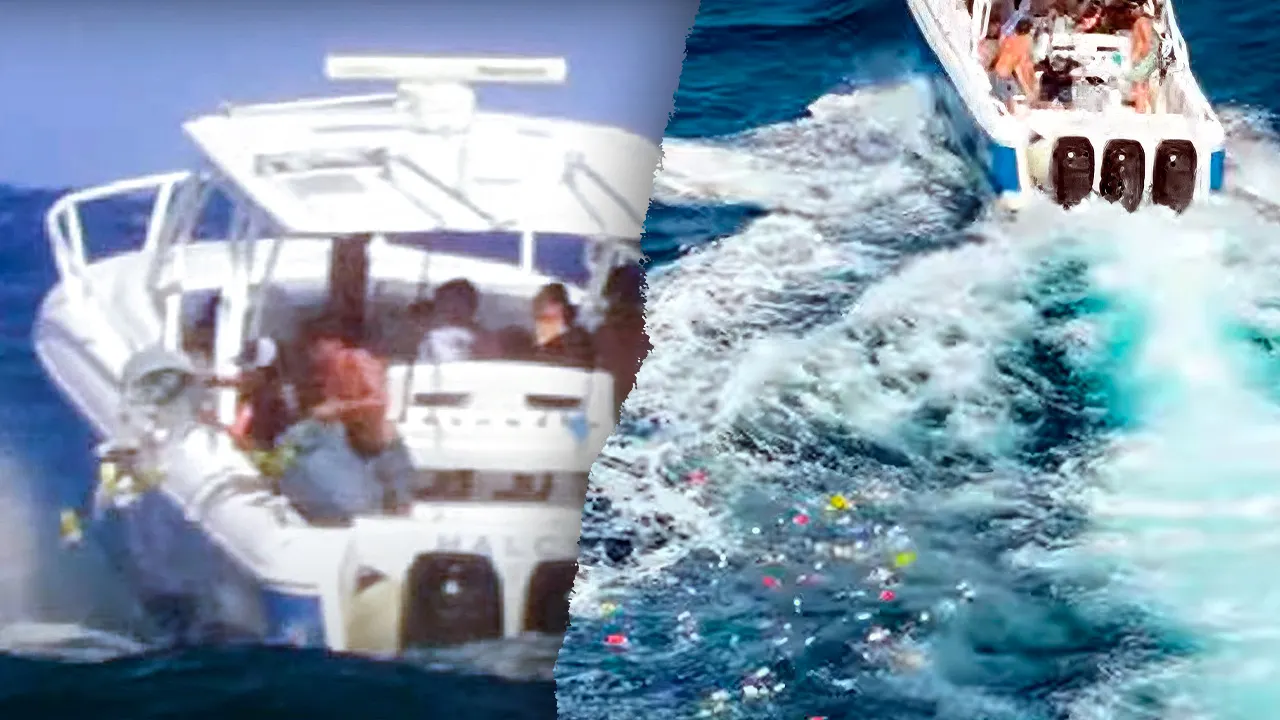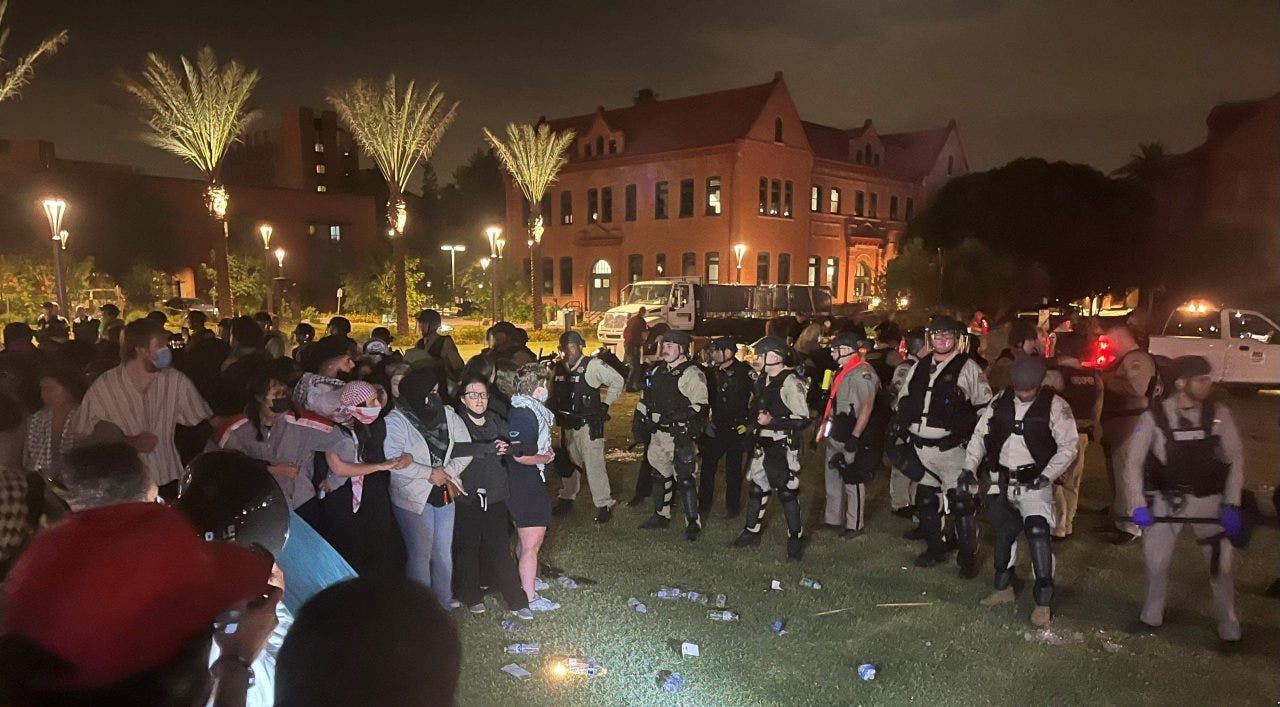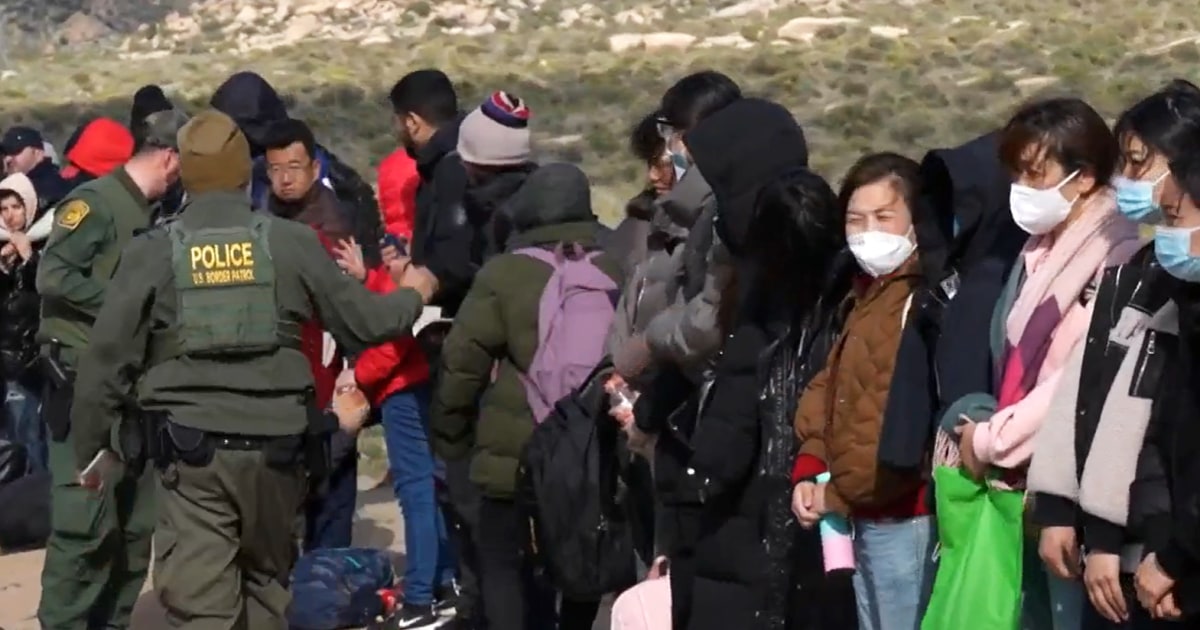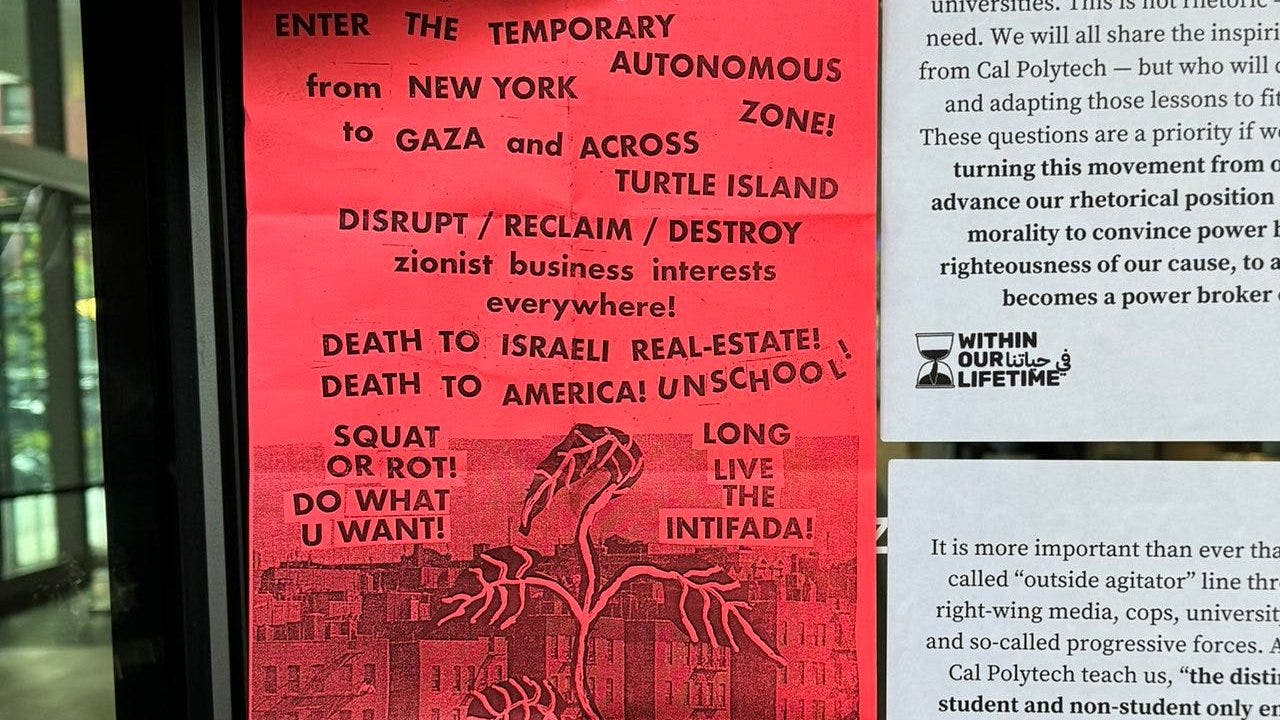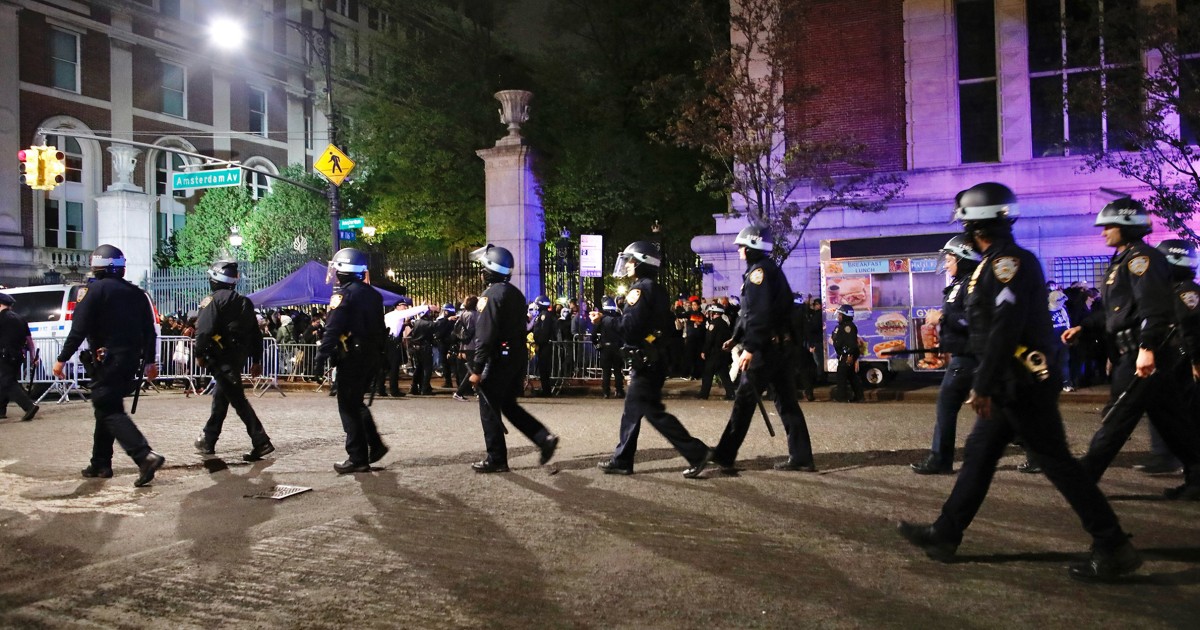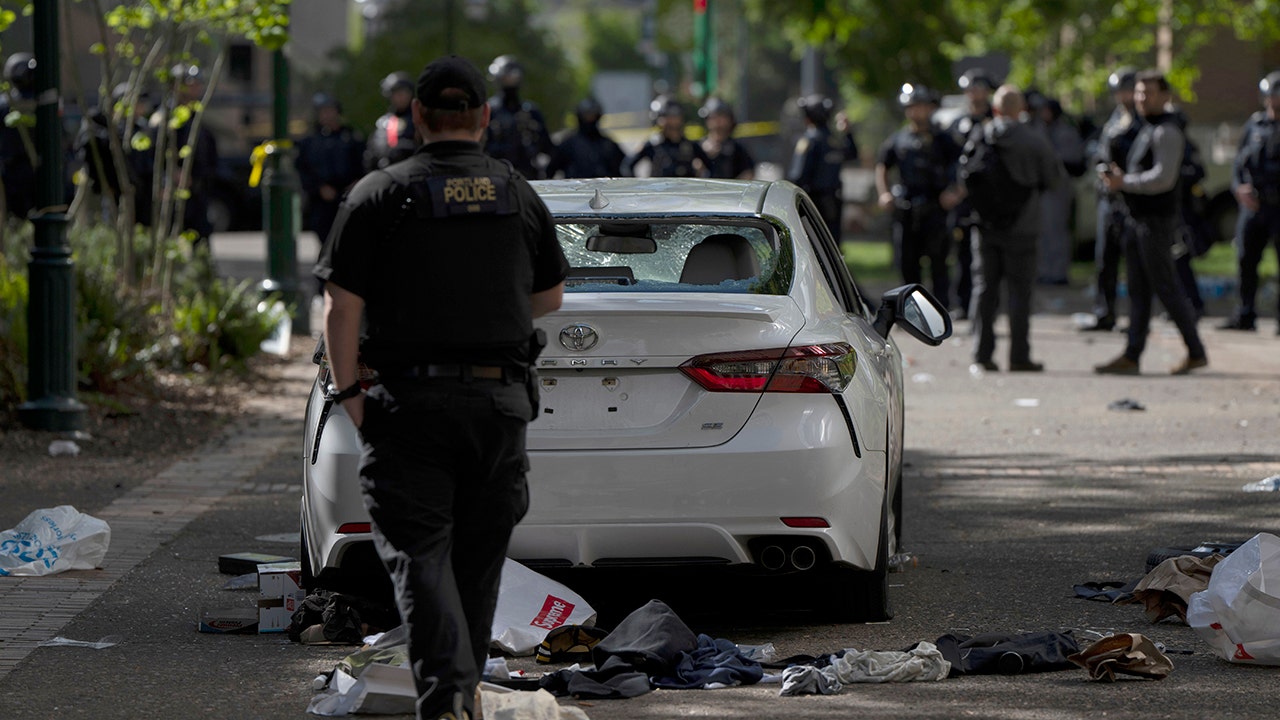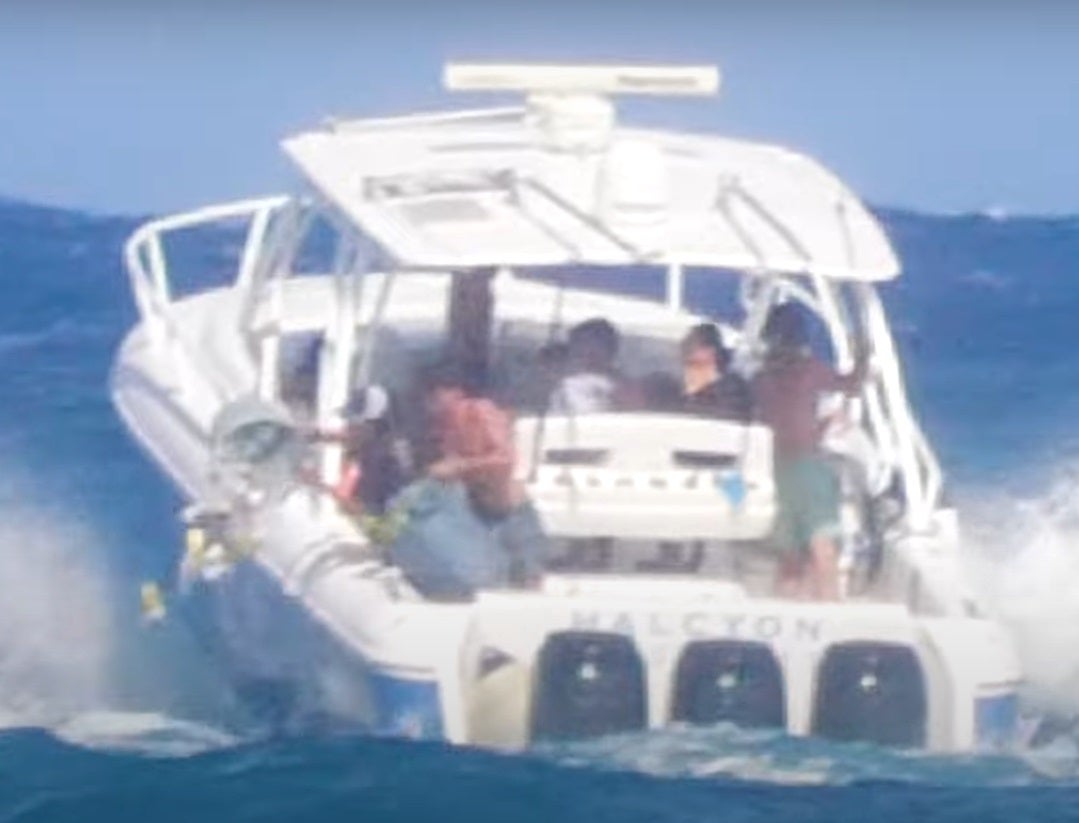While the U.S., Jordan and several other countries have airdropped aid, experts have told NBC News that they are ineffective because it is difficult to predict where they will land and the supplies rarely reach the most vulnerable. They can also be dangerous because they can fall on people sheltering in the streets or spark stampedes to get to the supplies. World Central Kitchen also delivered almost 200 tons of aid by sea, but it suspended operations after its workers were killed.
The system for getting trucks into Gaza “is still quite sloppy and a little bit willy-nilly,” Georgios Petropoulos, a senior humanitarian affairs officer for OCHA in Rafah, said Saturday. Sometimes, trucks had been held for hours or turned away because of a single restricted item, he said.
When trucks are able to enter the enclave, Petropoulos said, the roads are in terrible condition and the destruction on the ground slows the delivery of aid. A lack of fuel and working vehicles also hampers the process, he said.
Mountains of uncollected garbage and rising temperatures add to the misery, he said. “So what we’re facing here is malnutrition and famine on top of a garbage dump,” he said.
Israel has repeatedly denied its forces were obstructing aid from entering Gaza, where health officials say more than 34,000 people have been killed since Oct. 7, when Hamas launched multipronged attacks on Israel that killed 1,200 people. Last month, Israel’s Coordination of Government Activities in the Territories claimed it had placed “no limit” on the amount of aid allowed into the Strip.
However, all aid for Gaza is subject to strict Israeli security checks aimed at preventing anything that Hamas could use from entering.
Speaking Sunday on NBC News’ “Meet the Press,” Bob Kitchen, vice president for emergencies at the New York-based International Rescue Committee aid organization, said it was “going to take a sustained, huge uplift in aid just to catch up” with the amount of aid required for Gaza’s population of 2.3 million people. “It needs to be a tenfold increase to catch up with the needs that we see,” he said.
“We should have the freedom of movement that we require — and, by law, we enjoy — to distribute aid,” he added. “Everything is needed, and it starts with the fighting stopping.”
Echoing his calls, Bayram of the Norwegian Refugee Council said more diplomatic pressure is needed to open more crossings, increase the amount of aid into the enclave and ensure the security of aid workers.


